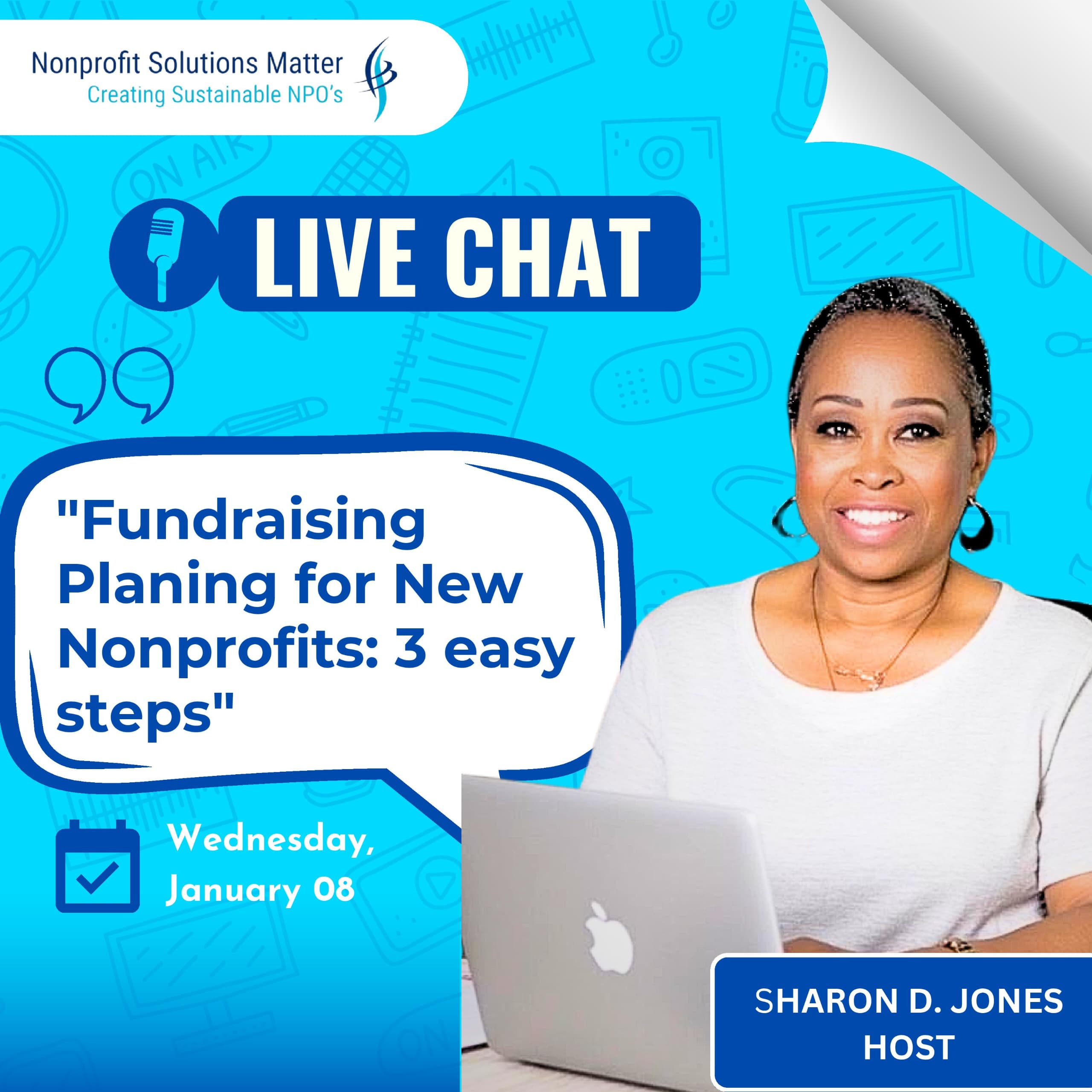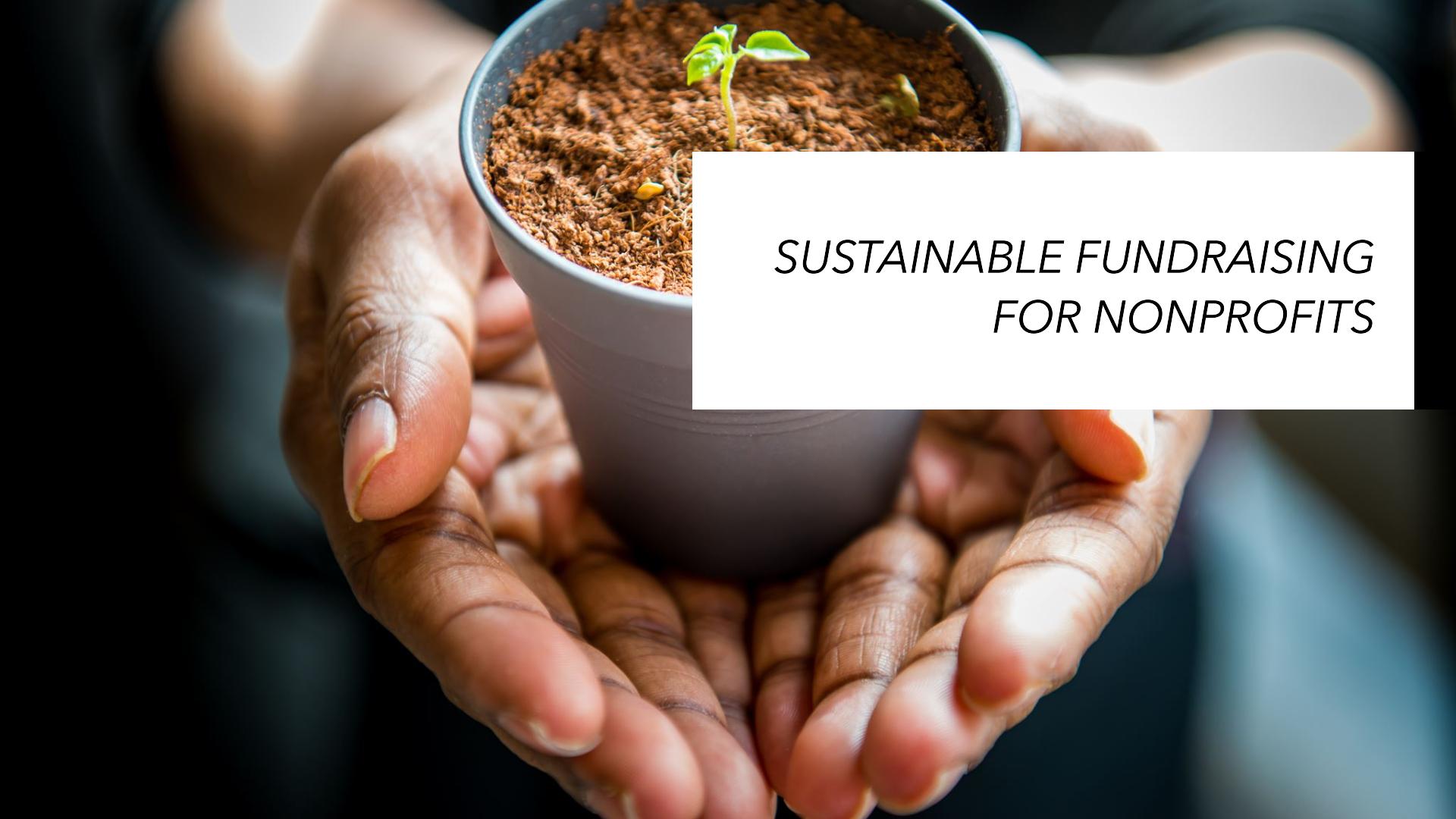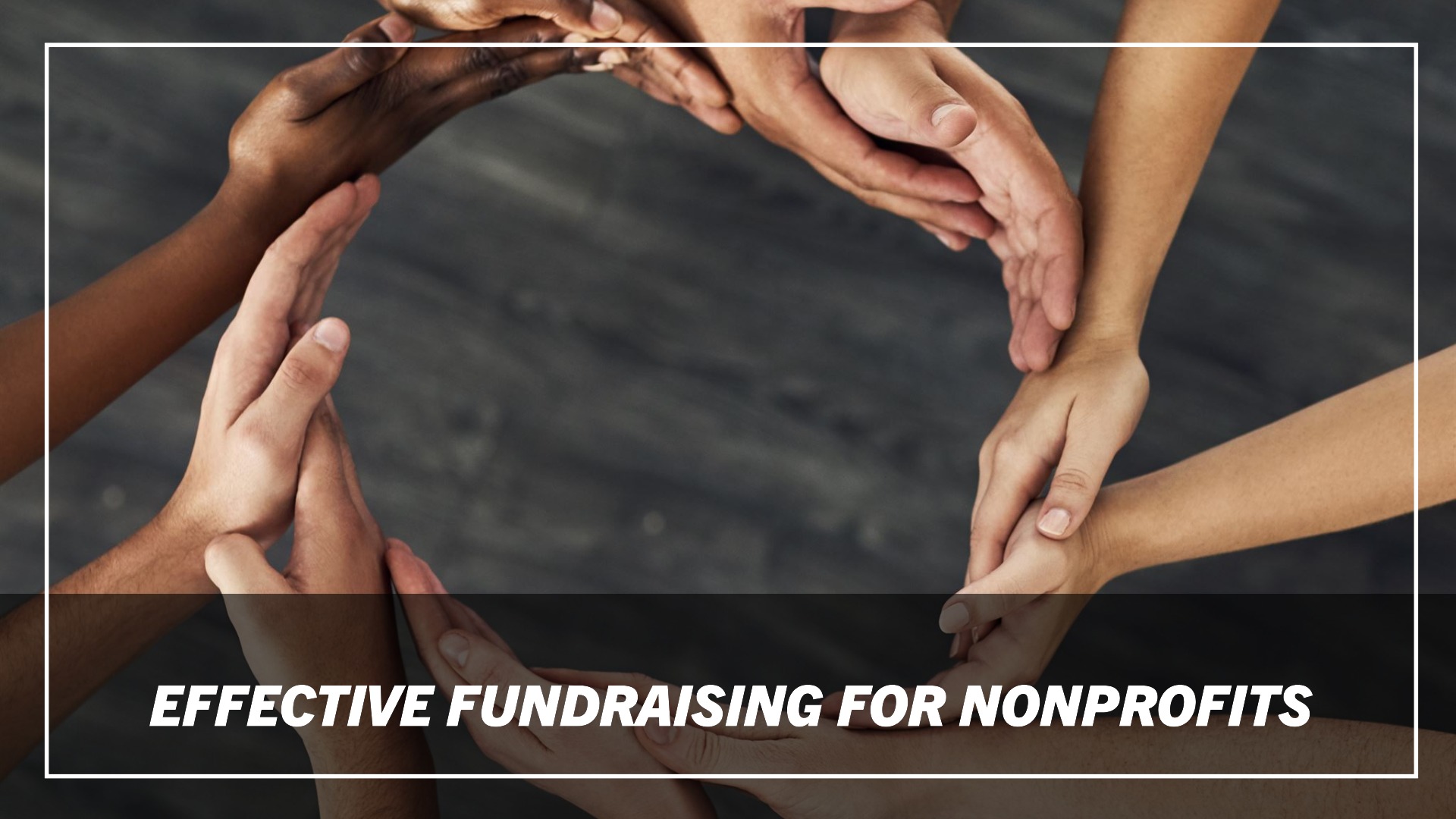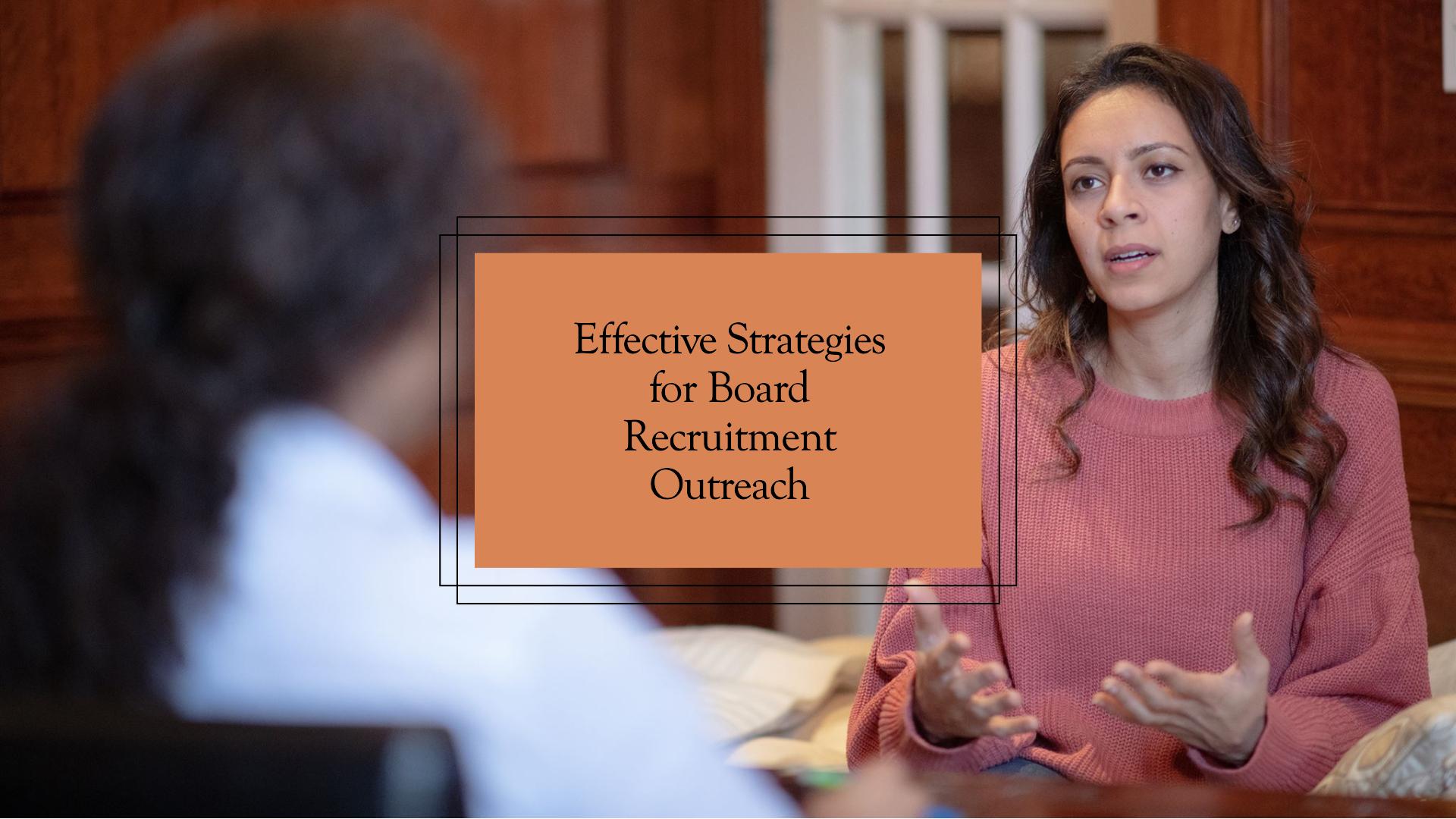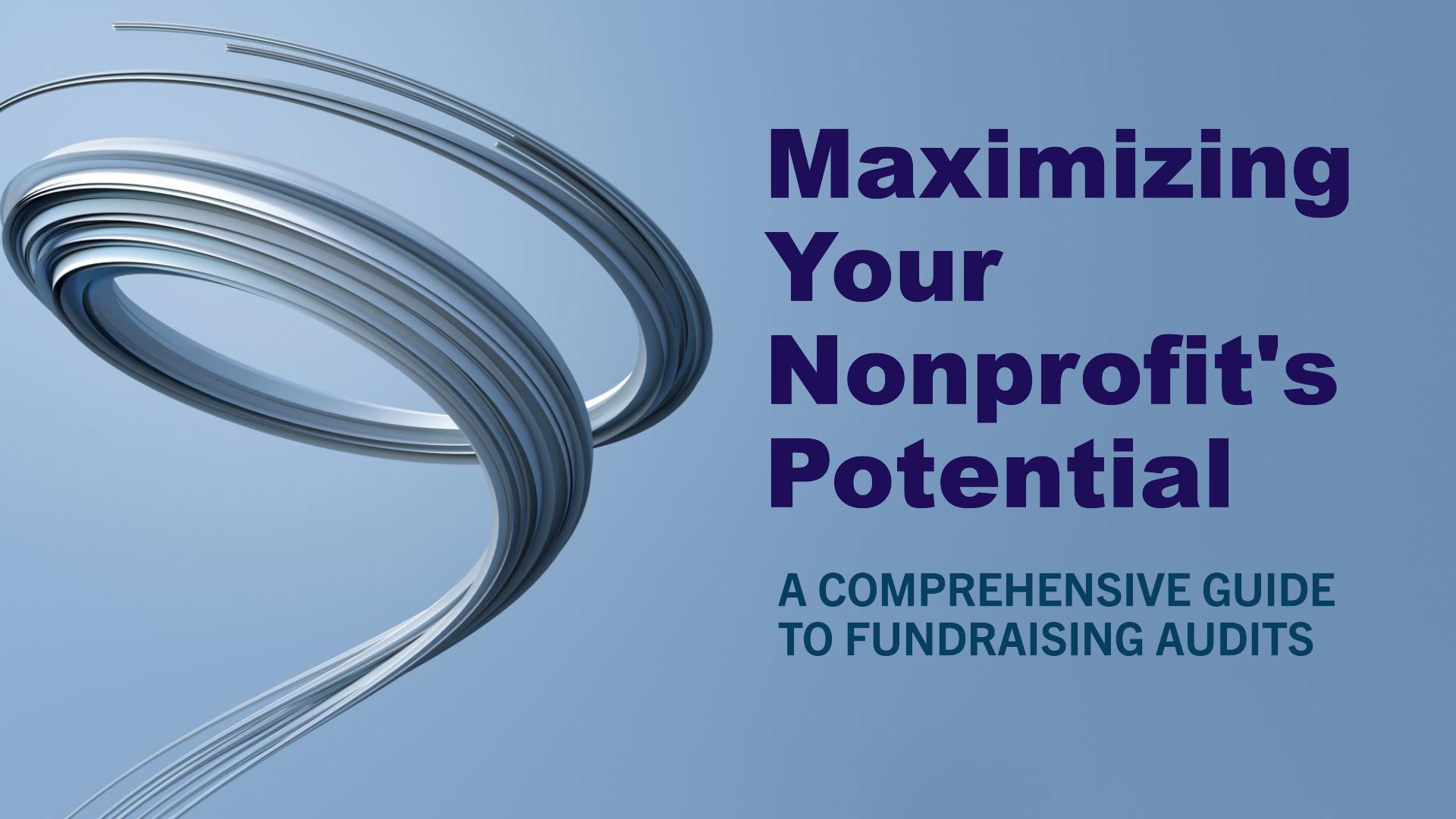Understanding Corporate Cash Flow for Nonprofits
In today's discussion, we will expand on a crucial topic we touched on yesterday—corporate cash flow and its significance for nonprofit organizations.
Corporate cash flow refers to businesses and corporations providing financial support to nonprofits through donations, sponsorships, or other forms of partnership. This strategy benefits the nonprofit sector and aligns with corporate social responsibility (CSR), offering companies a way to give back to the communities they profit from.
What is Corporate Cash Flow?
In the context of nonprofit fundraising, corporate cash flow refers to the financial contributions businesses make to charitable organizations. It’s a powerful fundraising strategy built on the premise that companies benefit from the community they serve and should, in turn, support these communities.
Corporate giving is gaining traction globally. Some governments are even considering making corporate social responsibility mandatory, requiring businesses to give back to society in a formal, structured way. However, even before such laws are enacted, many companies are actively supporting nonprofits through donations, sponsorships, and partnerships. In fact, in 2023 alone, corporations contributed over $36 billion to nonprofit organizations.
The Value of Corporate Cash Flow for Nonprofits
One of the most attractive features of corporate funding is that it often comes with unrestricted funds. This means nonprofits have the flexibility to allocate the money wherever it is needed most, whether for operational costs, expanding programs, or supporting organizational growth. Additionally, corporate cash flow typically functions as a value exchange strategy: the business supports the nonprofit, and in return, receives brand visibility, improved market share, and stronger connections with the community.
Given that corporations in 2023 generated over $1.1 trillion in revenue, nonprofits should view corporate funding as a legitimate avenue to pursue. The people nonprofits serve are often the same consumers businesses cater to, making nonprofits’ case for funding even stronger.
Forms of Corporate Funding
Corporate cash flow can take many forms. Understanding these different funding models can help your nonprofit tap into the right opportunities.
1. Corporate Sponsorship
Corporate sponsorships are transactional relationships where businesses provide funding in exchange for exposure or other benefits, such as logo placement at events or mentions in promotional materials. While it is a straightforward exchange, it can lead to long-term relationships if both parties see the value.
2. Corporate Partnerships
A corporate partnership goes beyond a simple sponsorship. It involves deeper collaboration between the nonprofit and the corporation. Both parties work together toward a common goal, with the company often playing an active role in the nonprofit’s initiatives. In return, the corporation receives more than just brand exposure—it can also gain increased loyalty from customers who appreciate its involvement in social causes.
3. Corporate Social Responsibility (CSR) Funding
CSR funding is based on the belief that businesses should give back to the communities they profit from. Many companies establish CSR initiatives that nonprofits can tap into for funding. While the benefits for the company may not be as immediately visible as with sponsorships or partnerships, nonprofits can still provide meaningful returns by showcasing the impact of the CSR investment.
4. Environmental, Social, and Governance (ESG) Funding
ESG funding is tied to companies’ commitments to sustainability, social responsibility, and good governance. Many large corporations are committed to addressing issues like climate change and environmental sustainability, offering grants and funding for nonprofits aligned with these goals.
5. In-Kind Donations
Not all corporate funding involves money. In-kind donations, where companies provide products or services instead of cash, are another valuable resource for nonprofits. For instance, a nonprofit working with underprivileged children might receive donated sports equipment from a sporting goods company.
6. Matching Gifts
Some corporations match donations made by their employees to eligible nonprofits. This type of funding relies on the efforts of the nonprofit to encourage individual donations, which are then matched by the company.
7. Employee Volunteer and Giving Programs
Many companies encourage their employees to volunteer for or donate to nonprofit organizations. Some even have formal programs where employees can give a portion of their salaries to a chosen nonprofit, and the company may match these donations.
8. Corporate Grants
Corporate grants are another common form of funding. Many large companies, such as Coca-Cola, have grant programs through which nonprofits can apply for financial support. These grants are often tied to specific projects or initiatives and can be highly competitive.
9. Pro Bono Services
Another form of corporate support is pro bono services, where companies offer their professional expertise free of charge to nonprofits. This can range from legal services provided by law firms to strategic planning or marketing services offered by consulting firms. These contributions can be incredibly valuable and may amount to significant savings for the nonprofit.
Why Corporate Cash Flow Matters for Nonprofits
Corporate cash flow offers a reliable, sustainable funding model because it is rooted in value exchange. Unlike traditional donations, which often rely on emotional appeals, corporate funding is based on the tangible value a nonprofit can offer back to the company. This makes corporate funding a solid, strategic approach to fundraising, especially for organizations seeking long-term financial stability.
Since the pandemic, businesses have become more aware of their role in supporting communities and are more open to engaging in partnerships with nonprofits. This presents an excellent opportunity for nonprofits to approach corporations with concrete proposals for collaboration.
How to Get Started with Corporate Funding
To succeed in securing corporate funding, your nonprofit must first assess the resources and value it can offer to potential corporate partners. Understanding the needs and goals of the businesses you approach is critical in establishing a mutually beneficial relationship.
If your nonprofit is struggling to raise money through corporate sponsorships or partnerships, reach out for a free consultation. We are here to provide clarity and support, guiding you through the process of securing corporate cash flow.
Tomorrow, we will delve into resource assessment, the first step in developing corporate partnerships. We’ll discuss how to evaluate the resources within your organization and identify the unique benefits you can offer potential corporate funders. Stay tuned for more insights on building successful corporate funding strategies throughout the week.
For more information or to book a discovery call, feel free to contact us. We are excited to help you secure the funding your nonprofit needs to thrive. Until next time, keep making an impact!
Rooney Akpesiri, Vice President of Client Services, Nonprofit Solutions Matter | Solutions Matter LLC
#nonprofit #charity #501c3 #fundraising #corporatesponsorship #corporatecashflow #corporatefunding #funding

